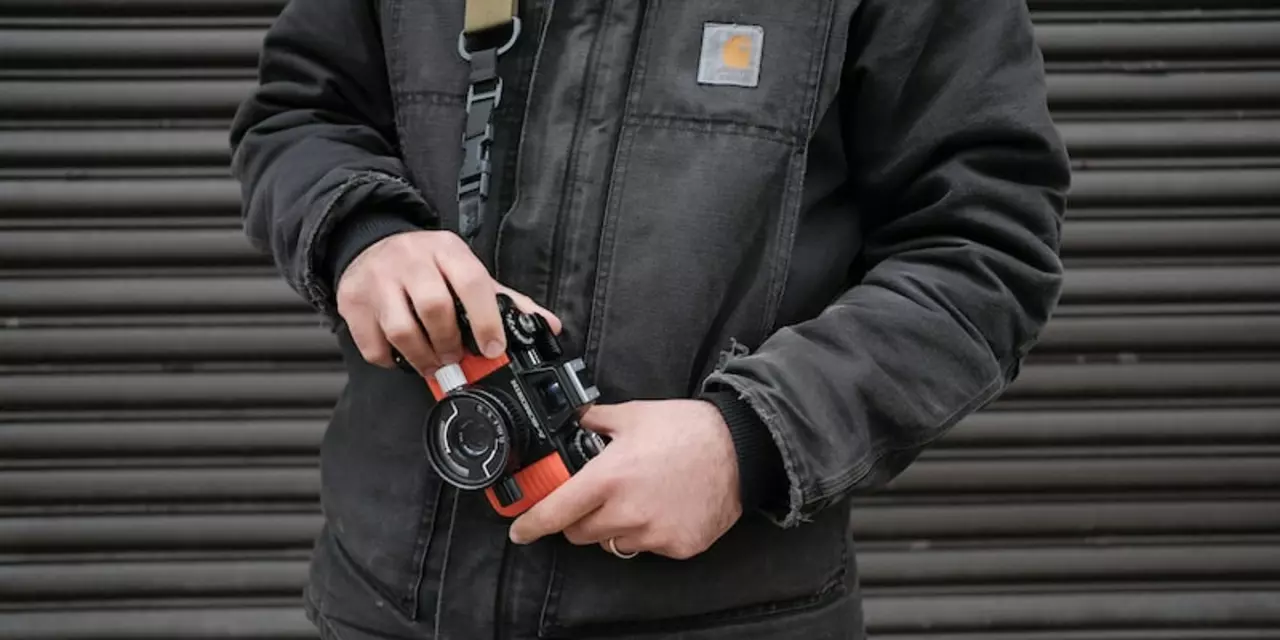Ethical Choices: The Easy Guide to Real Change in Fashion & Lifestyle
Ever wondered if your T-shirt or new shoes have an actual impact on the world? Ethical living and ethical fashion are all about making everyday choices that respect people, animals, and the planet—no complicated steps or guilt-trips.
So what does "ethical" even mean when shopping for clothes or living your daily life? It's not just about going for that bamboo shirt because it's trending. Ethical choices means you look at who made your stuff, how they were treated, and if the process harms the planet or community. It goes past "eco-friendly" labels and asks, "Did someone get paid fairly? Were toxic chemicals dumped in rivers?" If you can say yes to fair pay, decent work conditions, and less harm to nature, you’re likely looking at an ethical option.
If you want to spot ethical clothing fast, check tags and brand websites for things like Fairtrade, GOTS-certified organic cotton, or info about factory standards. Real ethical brands are proud to tell these stories—they won’t make you dig for answers. See those green buzzwords like "natural" or "conscious" but nothing solid backing them up? That’s greenwashing, not ethics. Watch out for it—in many shops, transparency wins over clever marketing.
Ethical fashion also means buying less and choosing better, not stuffing your closet with cheap finds you’ll toss in a month. Capsule wardrobes are a good starter: pick a handful of basics you really wear, mix and match, and skip the urge to panic-buy. Your wallet (and the planet) will thank you. Even secondhand shopping is wildly effective—think of it as giving old clothes a second shot at life. One thrifted jacket swapped for a new one cuts your fashion footprint right away.
Don’t have the budget for high-end "ethical" stuff? You don’t need it! Wearing what you already own, swapping with friends, or mending favorite pieces is super ethical. It sounds simple, but extending the life of clothes is one of the best lifestyle hacks.
Sustainable living ties right in—using less, wasting less, and thinking twice before you buy. This doesn’t mean you have to be perfect (nobody is). Try replacing fast fashion splurges with one solid ethical purchase every few months, use reusable bags, or pick local produce at the market. Even tiny things add up if everyone jumps in.
Spotting real change? Look for brands that publish social impact reports, pay workers fairly, and use renewable energy in factories. In your daily life, consider reducing single-use plastics and supporting community-run businesses. Every dollar you spend sends a message about the world you want to help build.
Ethical choices can sound overwhelming, especially with all the buzz online. But it’s mostly about common sense and asking questions. Next time you shop, ask yourself: Who made this? Is it built to last? Can I find it secondhand? Simple questions, big impact. Anyone can do it.
Is Carhartt clothing ethically produced?
Posted by Anna Fenton on Feb, 13 2023

Carhartt is a popular clothing brand known for its workwear and outdoor apparel. The company is dedicated to ethical production and has adopted a code of conduct to ensure that its products are made in a safe and fair environment. The company is committed to providing safe and fair working conditions, employing workers at fair wages, and using eco-friendly production processes. Additionally, the company is dedicated to improving the lives of those who make their products, by supporting educational programs and providing healthcare benefits to its workers. As such, Carhartt is a brand that is committed to ethical production and providing a better future for its workers.
